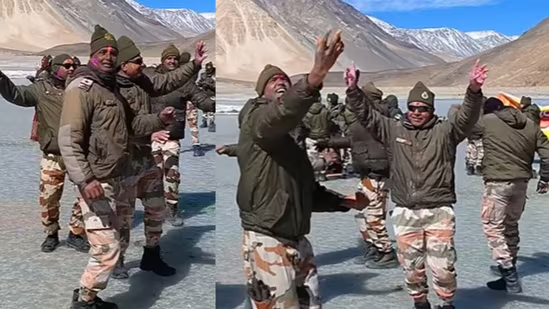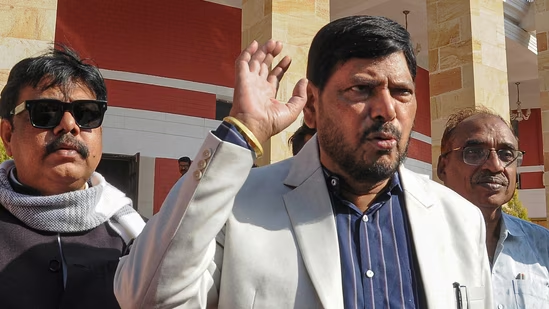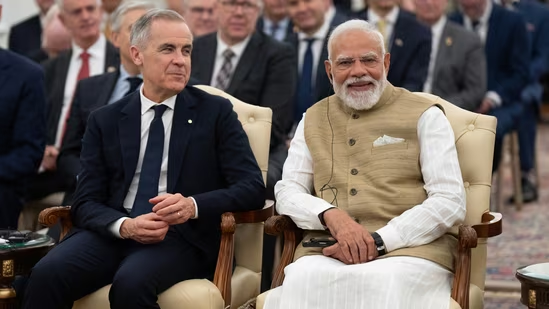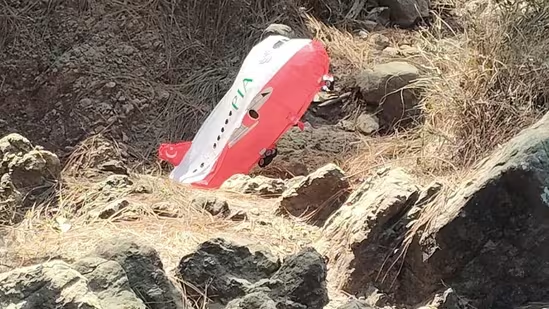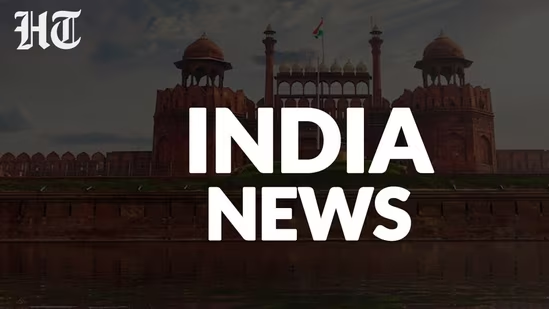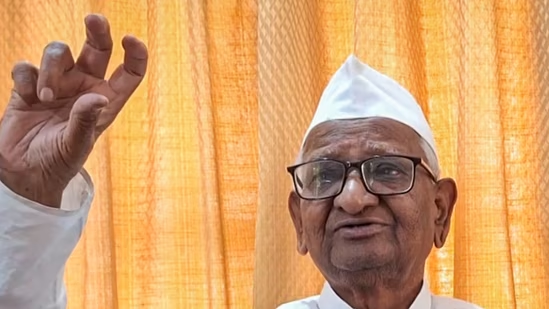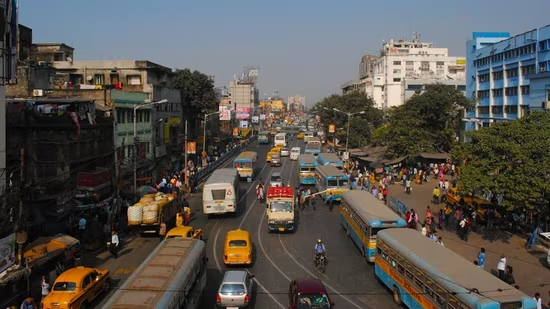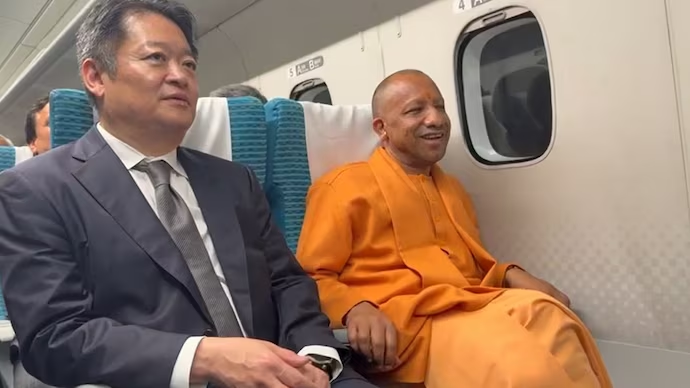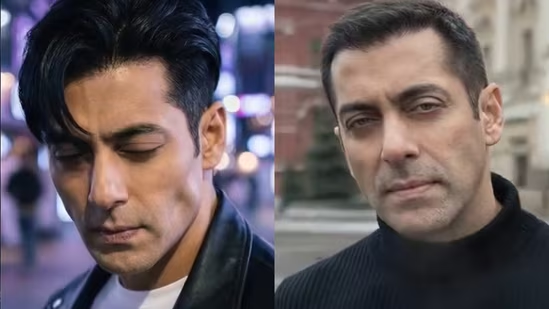Bangladesh experienced widespread disruption in TV and telecommunications as student protests turned violent.
Television news channels in Bangladesh were off the air and telecommunications were widely disrupted on Friday amid violent student protests against quotas for government jobs in which nearly two dozen people have been killed this week.
There was no immediate word from the government.
French news agency AFP reported that the death toll in Thursday’s violence had risen to 32. Reuters had reported that 13 people were killed, adding to six dead earlier in the week, and could not immediately verify the higher number.
There was fresh violence in some parts of the country on Friday and police were using tear gas to disperse protesters, a Reuters photographer said.
India’s Economic Times newspaper reported that Prime Minister Sheikh Hasina’s government “was forced” to call in the army late on Thursday to help “maintain order”. Reuters could not independently verify the information.
Although the protests were sparked by student anger against the controversial quota system, some analysts have said that tough economic conditions, including high inflation, rising unemployment and depleting foreign reserves, were providing fuel to the fire.
The protests have also opened old and sensitive political faultlines between those who fought for Bangladesh’s independence from Pakistan in 1971, including Hasina’s Awami League, and those who are accused of collaborating with Islamabad, after Hasina called the protesters “Razakar”, as the collaborators were referred to.
Authorities had cut some mobile services on Thursday to try to quell the unrest but the disruption spread across the country on Friday morning, Reuters witnesses in Dhaka and New Delhi said.
Telephone calls from overseas were mostly not getting connected and calls through the internet could not be completed.
Web sites of several Bangladesh-based newspapers were not updating on Friday morning and their social media handles were also not active.
Only some voice calls were working in the country and there was no mobile data or broadband on Friday morning, a Reuters photographer in Dhaka said. Even SMSes or mobile-to-mobile text messages were not going through, he added.
News television channels and state broadcaster BTV were off the air while entertainment channels continued normal transmission, a Reuters witness said.
Some news channels displayed a message which said they were not able to broadcast due to technical reasons and that programming would be back soon, the witness said.
Websites Hacked
Streets in the capital Dhaka were deserted on Friday, which is a weekly holiday in the country. There was little traffic and very few rickshaw pullers on the streets and thin crowds near a vegetable and fish market, he said, adding that a protest rally had been called at the main mosque at around 0800 GMT.
The official web sites of the Bangladesh central bank, the prime minister’s office and police appeared to have been hacked by a group calling itself “THE R3SISTANC3”.
“Operation HuntDown, Stop Killing Students,” it said in identical messages on both sites, adding in bright red font: “It’s not a protest anymore, it’s a war now.”
“Prepare yourselves. The fight for justice has begun,” said another message at the bottom of the page which also had small pictures of five men and two dogs without giving details about them.
“The government has shut down the internet to silence us and hide their actions. We need to stay informed about what is happening on the ground,” it said, adding that the “spirit of our students remains unbroken”.
The nationwide agitation, the biggest since Hasina was re-elected earlier this year, has been fuelled by high youth unemployment. Nearly a fifth of the country’s 170 million population is out of work or education.
Protesters are demanding the state stop setting aside 30% of government jobs for the families of people who fought in the 1971 war of independence from Pakistan.
Hasina’s government had scrapped the quota system in 2018, but a high court reinstated it last month. The government appealed against the verdict and the Supreme Court suspended the high court order, pending hearing the government’s appeal on Aug. 7.
Her government said on Thursday it was willing to hold talks with the protesters but the demonstrators refused, saying, “Discussions and opening fire do not go hand in hand”.
Hundreds of people have been injured this week as police fired tear gas and rubber bullets to break up groups of protesters, who torched vehicles, police posts and other establishments.
The capital’s main university campus had been the site of the worst of the nationwide protests, but on Thursday there were stronger demonstrations in other pockets of the city.
Bangladesh has been reeling from the ripple effects of the Russia-Ukraine war and secured a $4.7 billion bailout from the International Monetary Fund in January 2023.
The IMF concluded a second review of Bangladesh’s bailout programme in June this year, giving the country immediate access to about $928 million in loans for economic support and about $220 million to combat climate change







